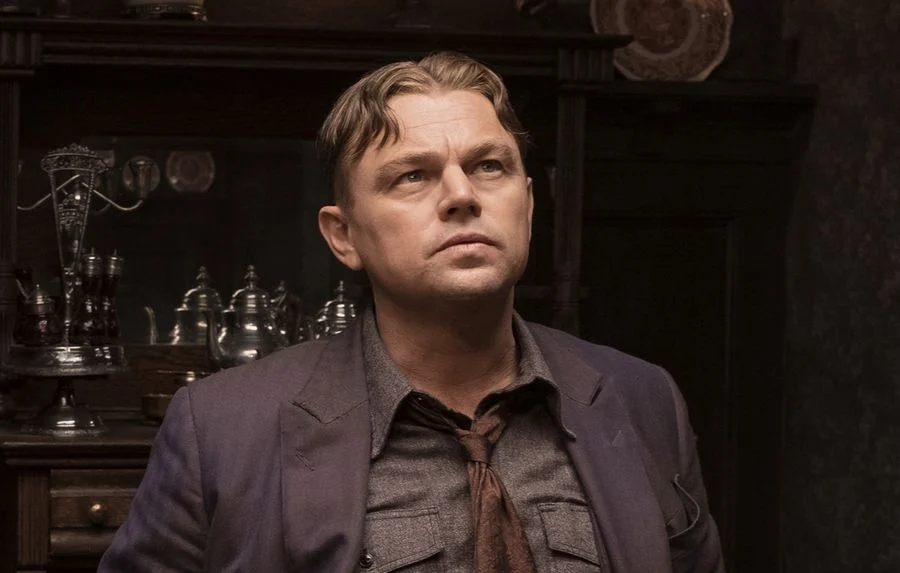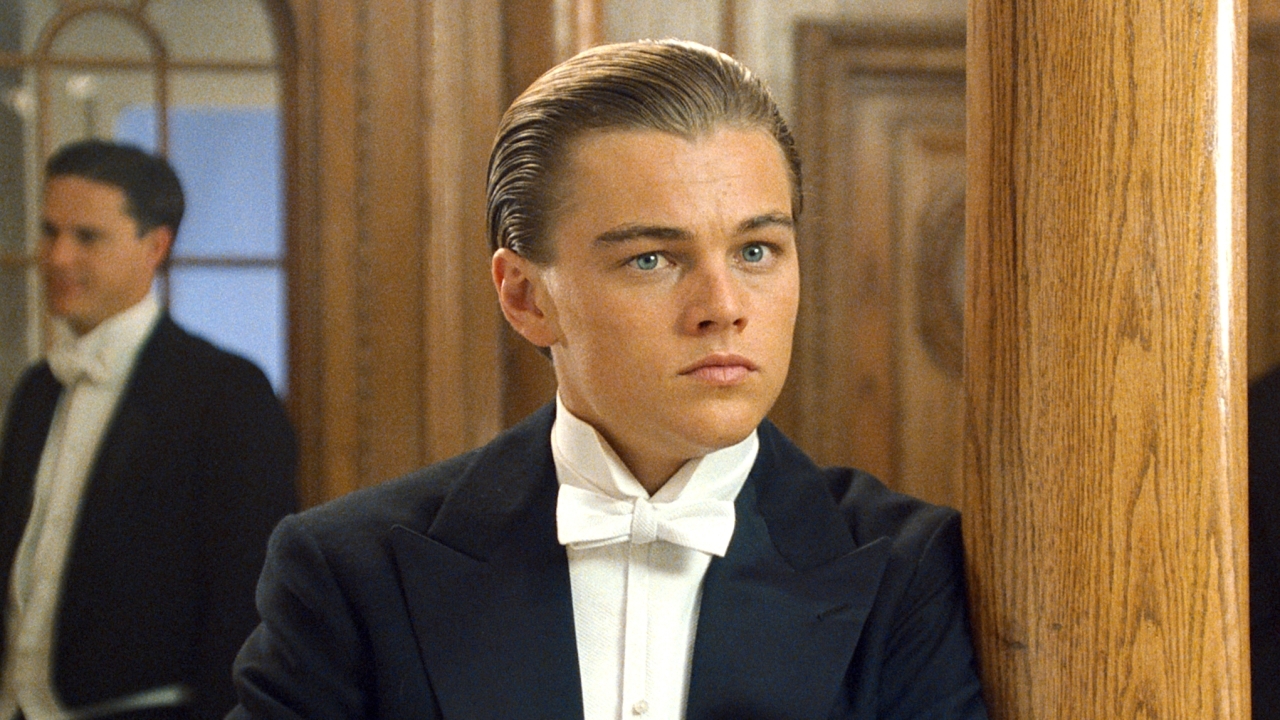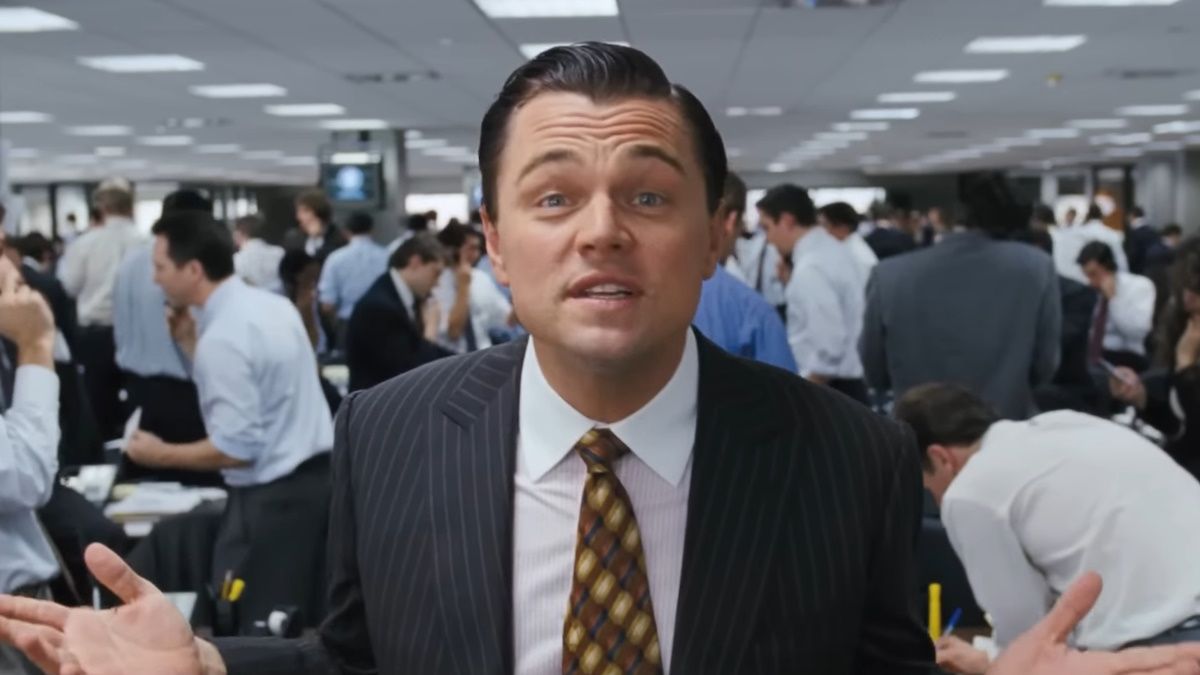What Acting Method Does Leonardo DiCaprio Use?
(By Carmichael Phillip)

RELATED TOPICS:
Actor Profile: Leonardo DiCaprio
How Leonardo DiCaprio Got Into Acting
10 Inspirational Quotes by Leonardo DiCaprio
What Does Leonardo DiCaprio Say About Acting?
Leonardo DiCaprio is one of the most talented and versatile actors of his generation, known for his transformative performances in films like Titanic, The Revenant, Inception, and The Wolf of Wall Street. DiCaprio’s ability to fully embody a wide range of characters has made him one of Hollywood’s most respected figures. But what exactly is the acting method behind his remarkable performances? Let’s dive into the techniques and philosophies that guide DiCaprio’s approach to acting.
Method Acting: Deep Emotional Investment

One of the most significant influences on DiCaprio’s approach is the Method acting technique, a system that encourages actors to draw from their personal emotions and experiences to create authentic, believable performances. While DiCaprio does not always fully embrace every aspect of Method acting, his dedication to emotional immersion and personal connection to his characters is clear in many of his most memorable roles.
For instance, in his portrayal of Hugh Glass in The Revenant, DiCaprio underwent extreme physical and emotional challenges, from spending hours in freezing cold rivers to surviving in harsh wilderness conditions. His commitment to the role went far beyond the script, showcasing his methodical preparation and willingness to suffer for the sake of authenticity.
DiCaprio spoke about his preparation for The Revenant in an interview with The Guardian, stating:
“The character is completely immersed in the elements of nature. I had to be in sync with the environment—surviving in the wilderness for months, eating raw bison liver, and enduring the cold. I wanted to experience it all because that’s how I could truly understand the emotional state of a man who is fighting for his life.”
His physical transformations for roles often mirror his emotional depth. DiCaprio is known for his dedication to fully embodying the psyche of his characters, allowing him to experience their struggles and triumphs firsthand.
Extensive Research and Immersion

While DiCaprio often engages with Method acting’s emotional techniques, he also places a significant emphasis on research and immersion. He dedicates a great deal of time to understanding his characters, their backgrounds, and their unique circumstances. This preparation is especially evident in his portrayal of historical figures and real-life people, as he strives to capture both the essence and authenticity of these characters.
For his role in Catch Me If You Can, where he played the real-life con artist Frank Abagnale, DiCaprio spent time with the man himself to gain insight into his mindset. In a conversation with Entertainment Weekly, DiCaprio explained:
“I met with Frank on a number of occasions. I wanted to understand the psychology behind what he did. How could someone live so many lives without being caught? I wasn’t just trying to imitate him, but really get inside his head and understand his emotions.”
DiCaprio’s commitment to research allows him to portray his characters with a depth that goes beyond surface-level mimicry. By immersing himself in the world of the character, he’s able to present a multifaceted performance that resonates with authenticity.
Collaboration and Trust with Directors
Another key element of DiCaprio’s method is his collaborative nature. Throughout his career, he has worked with renowned directors like Martin Scorsese, Quentin Tarantino, and Alejandro González Iñárritu, often forming long-term creative partnerships. DiCaprio places significant trust in his directors, believing that their vision helps shape his performance. His willingness to work closely with filmmakers to refine his characters shows a deep respect for the collaborative nature of filmmaking.
In an interview with Variety, DiCaprio discussed his working relationship with director Martin Scorsese, highlighting the importance of collaboration:
“With Marty, it’s about finding the right moments. He lets you explore the character in a way that feels organic. We’ve worked together for years, and he has a unique way of pushing you to be better, but also giving you the freedom to make bold choices.”
This level of trust and collaboration enables DiCaprio to experiment with his roles and refine his performance in a way that feels both natural and innovative.
Emotional and Physical Transformation

DiCaprio’s willingness to physically transform for roles is another cornerstone of his acting method. He has often undergone extreme physical changes to portray his characters authentically, from gaining weight for The Aviator to enduring physical hardships in The Revenant. His dedication to transforming both his mind and body for a role reflects his commitment to the character’s full experience.
For his role in The Wolf of Wall Street, DiCaprio put on weight to embody the larger-than-life persona of stockbroker Jordan Belfort, but he also immersed himself in the character’s manic energy and self-destructive behavior. In an interview with The New York Times, he described his approach:
“Belfort was a man who lived in excess, and I wanted to capture that. It wasn’t just about the physical transformation—it was about embracing the chaos, the energy, the greed. I wanted to show all the facets of his personality, not just the showy parts but the vulnerability and the flaws.”
This combination of emotional and physical transformation is a hallmark of DiCaprio’s acting method, allowing him to inhabit characters in a way that feels both visceral and genuine.
Intuition and Spontaneity
While DiCaprio is known for his detailed research and intense preparation, he also values the role of spontaneity and intuition in his acting. He trusts his instincts and often lets the scene unfold naturally, allowing him to remain open to new ideas and unexpected moments during the filming process.
In an interview with Collider, DiCaprio shared:
“I always trust my instincts as an actor. It’s not about overthinking it. You have to react to the environment and your fellow actors. If you let the moment guide you, the performance can surprise you in the best way.”
This ability to let go of over-planning and embrace the unexpected is crucial to DiCaprio’s ability to create dynamic and authentic performances.



